How to Check Pending Dues Before Buying a Resale Property?
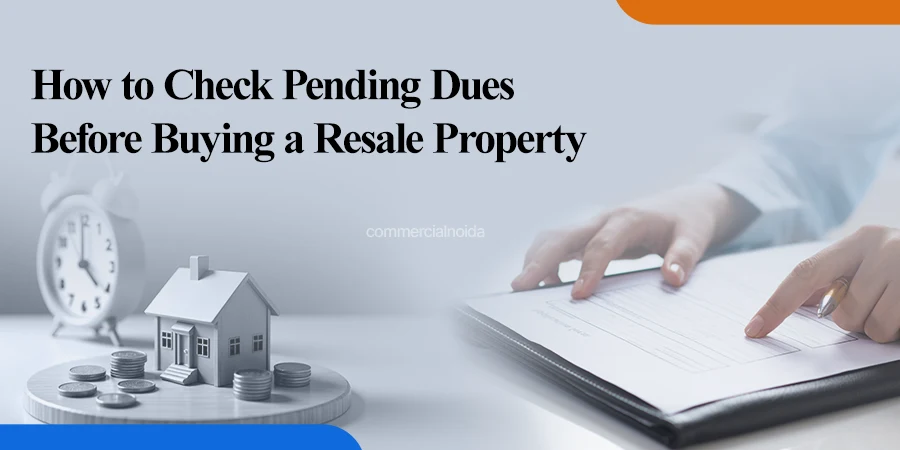
Verify Pending Dues Before Buying a Resale Property
Buying a resale home has many good points. You can move in quickly, live in a good location, and even get the price reduced through negotiation. But it can also have hidden costs. One major issue is pending dues – unpaid bills or charges on the property. If you don’t do due diligence of property before buying, you may have to pay them later. That’s why doing proper due diligence of property before buying is very important.
Why Checking for Pending Dues is Important
When someone sells a property, they should clear all unpaid bills before the sale. These include maintenance charges, water and electricity bills, property tax, and home loans. But sometimes, sellers don’t pay these, and after you buy the home, you become responsible for them. This can cause stress, legal trouble, and extra costs. So, checking everything in advance is the best way to avoid problems.
1. Ask for a No-Dues Certificate
If the property is in a housing society, ask the seller to get a no-dues certificate from the society or Resident Welfare Association (RWA). This document proves that the seller has paid all the society charges.
2. Check Utility Bills
Ask the seller to show the latest electricity, water, and gas bills. Make sure they are fully paid. Also, check if any extra charges like parking or gym fees have been paid. See if the bills have the seller’s name and match the property address. If needed, you can check payment records directly from the utility offices or websites.
3. Look at Property Tax Receipts
Ask the seller to give you the latest property tax payment receipts. Check that the name and address match the seller and the home. You can also go to the local municipal office or use their website to check the tax records using the property’s khata number.
4. Check for Home Loan or Bank Dues
If the seller took a home loan, ask for a no-dues letter from the bank. This proves that the loan has been paid fully. Also, get an encumbrance certificate from the Sub-Registrar’s Office. This document shows if the property is free from any legal or financial problems.
5. Add a Safety Clause in the Sale Agreement
When making the sale agreement, include a clause that says the seller is responsible for all dues until the date you take possession. This will protect you from paying any old bills later. It’s better to take help from a lawyer to add this clause and make sure everything is legal and clear.
Talk to the Society or Neighbours
It’s a good idea to speak to members of the housing society or the neighbours. They may know if there are any unpaid charges or disputes. They can also give you honest feedback about the property, the seller, and living conditions in that area.
Final Thoughts
Before buying a resale property, always perform due diligence of property for unpaid bills or loans. This will save you from future headaches and money troubles. Being careful and doing these checks will help you buy the home with full peace of mind.

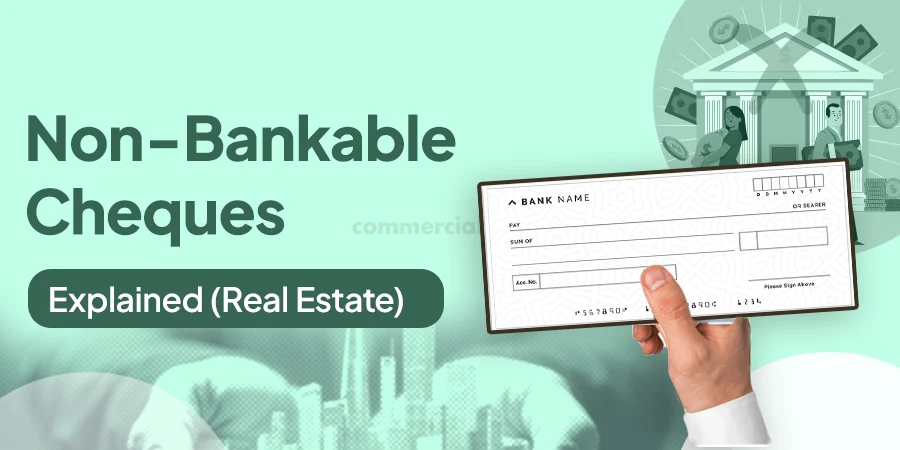







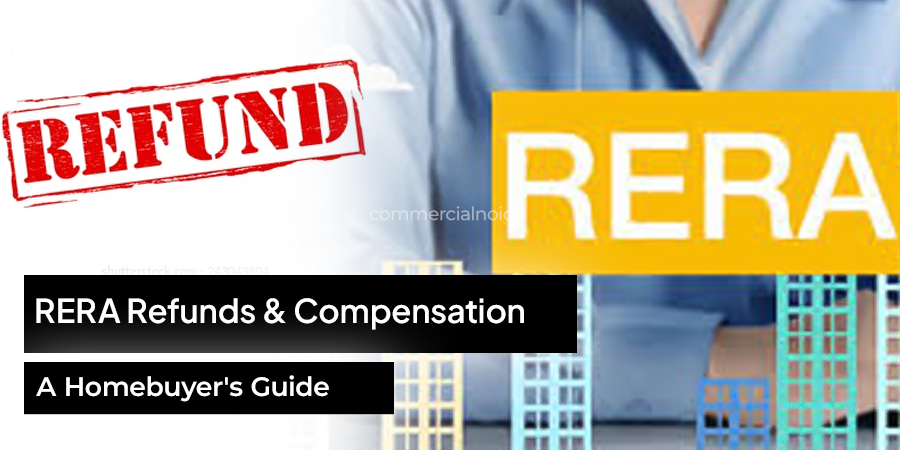
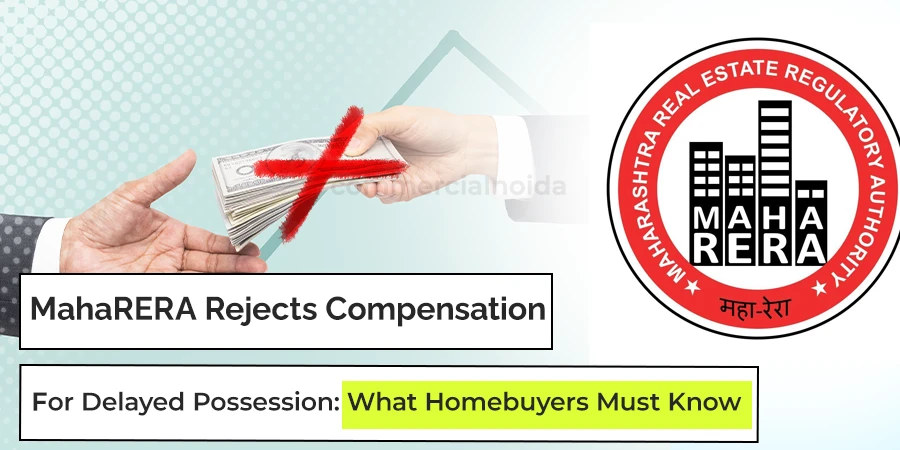


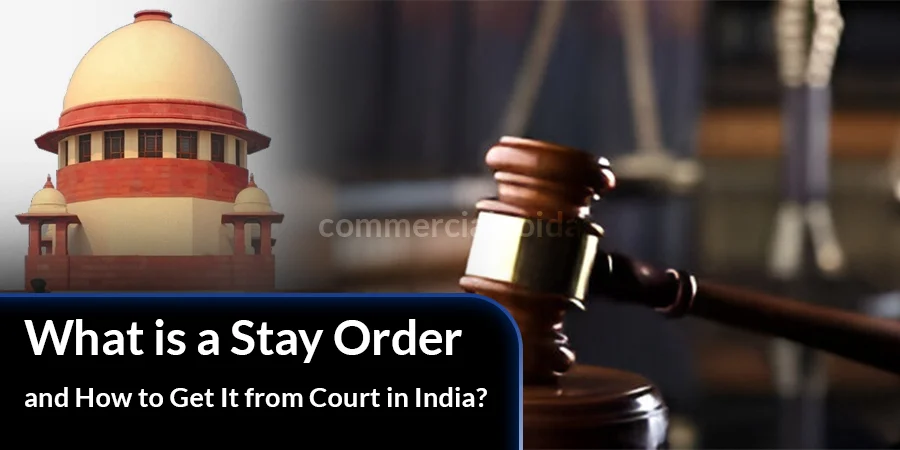


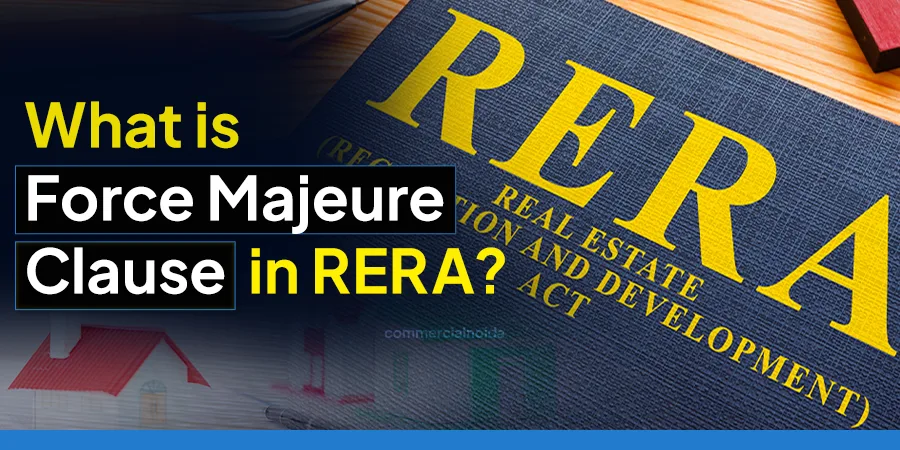



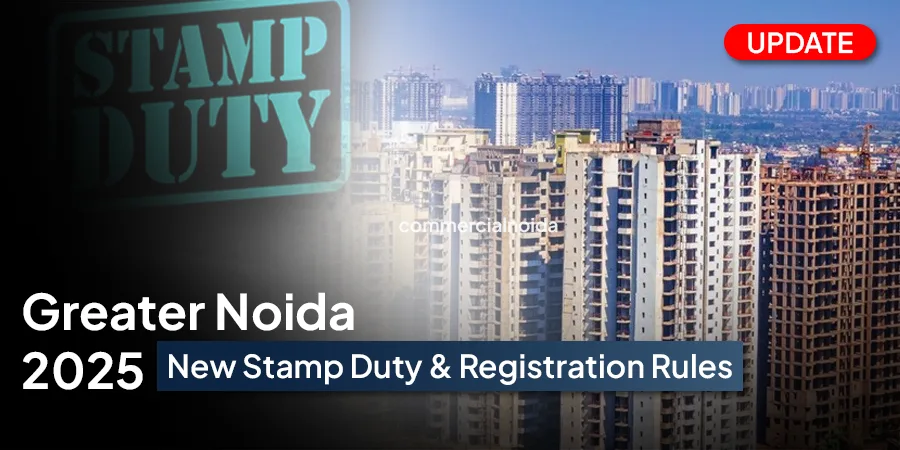
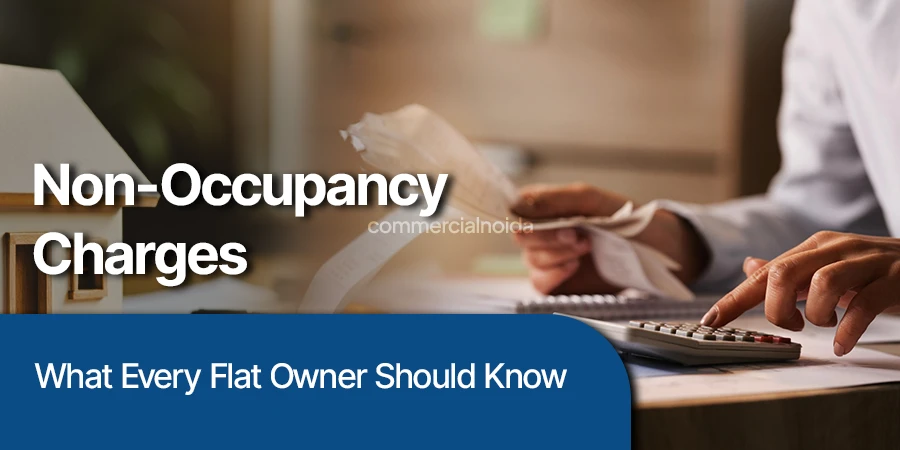
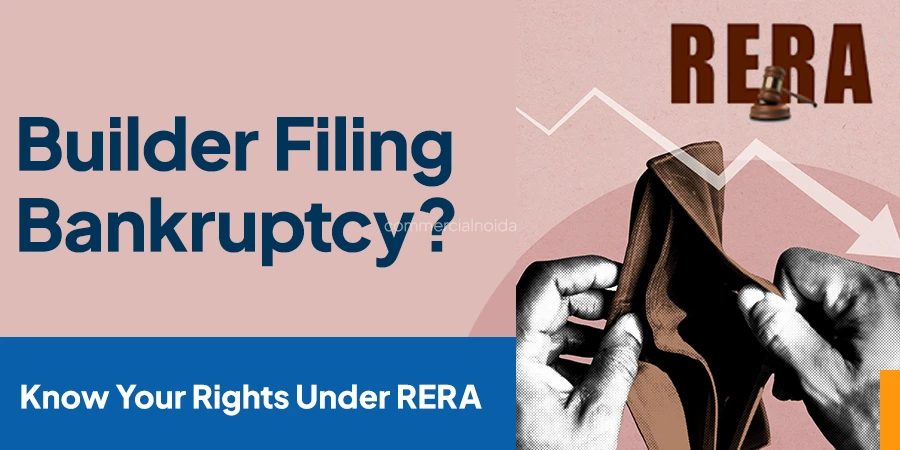
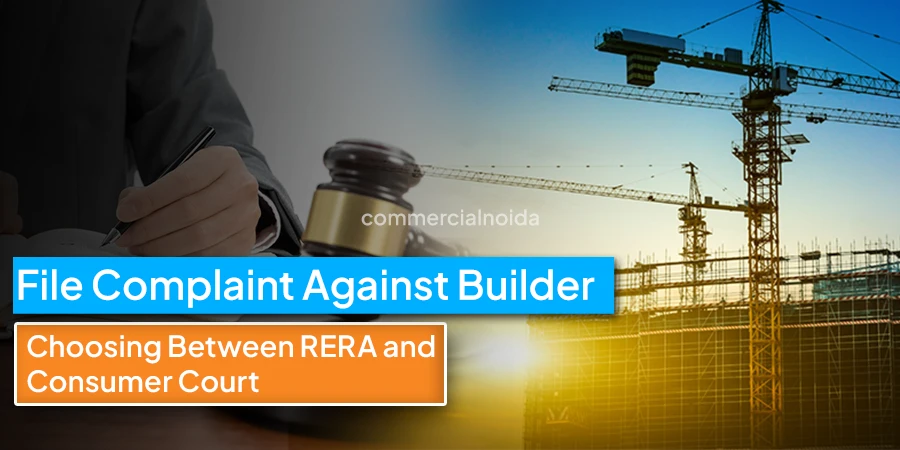

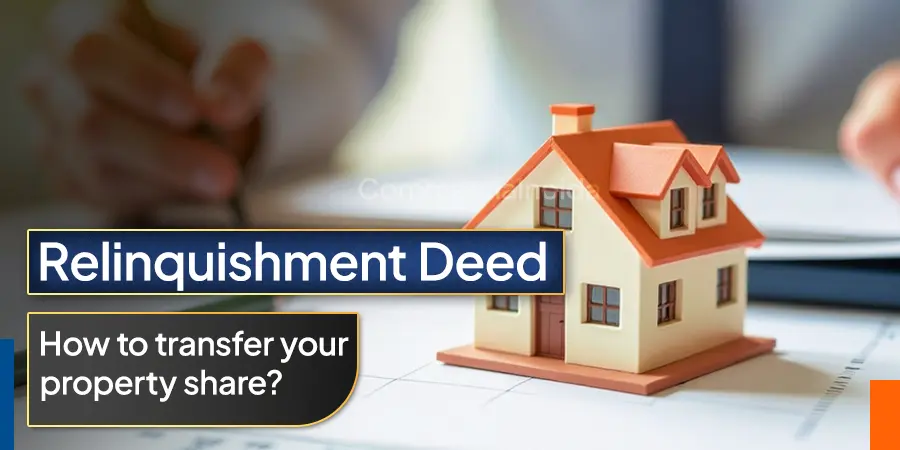



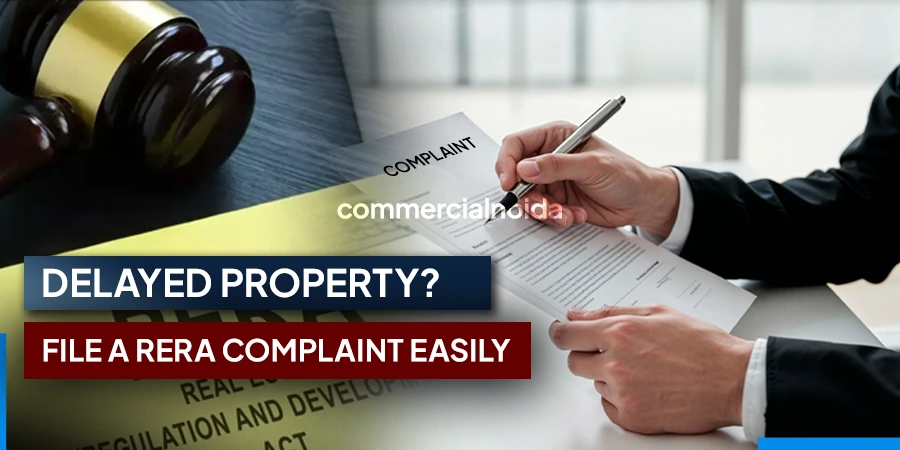























































































































.webp)

































































































.webp)
















































































.webp)
































































































